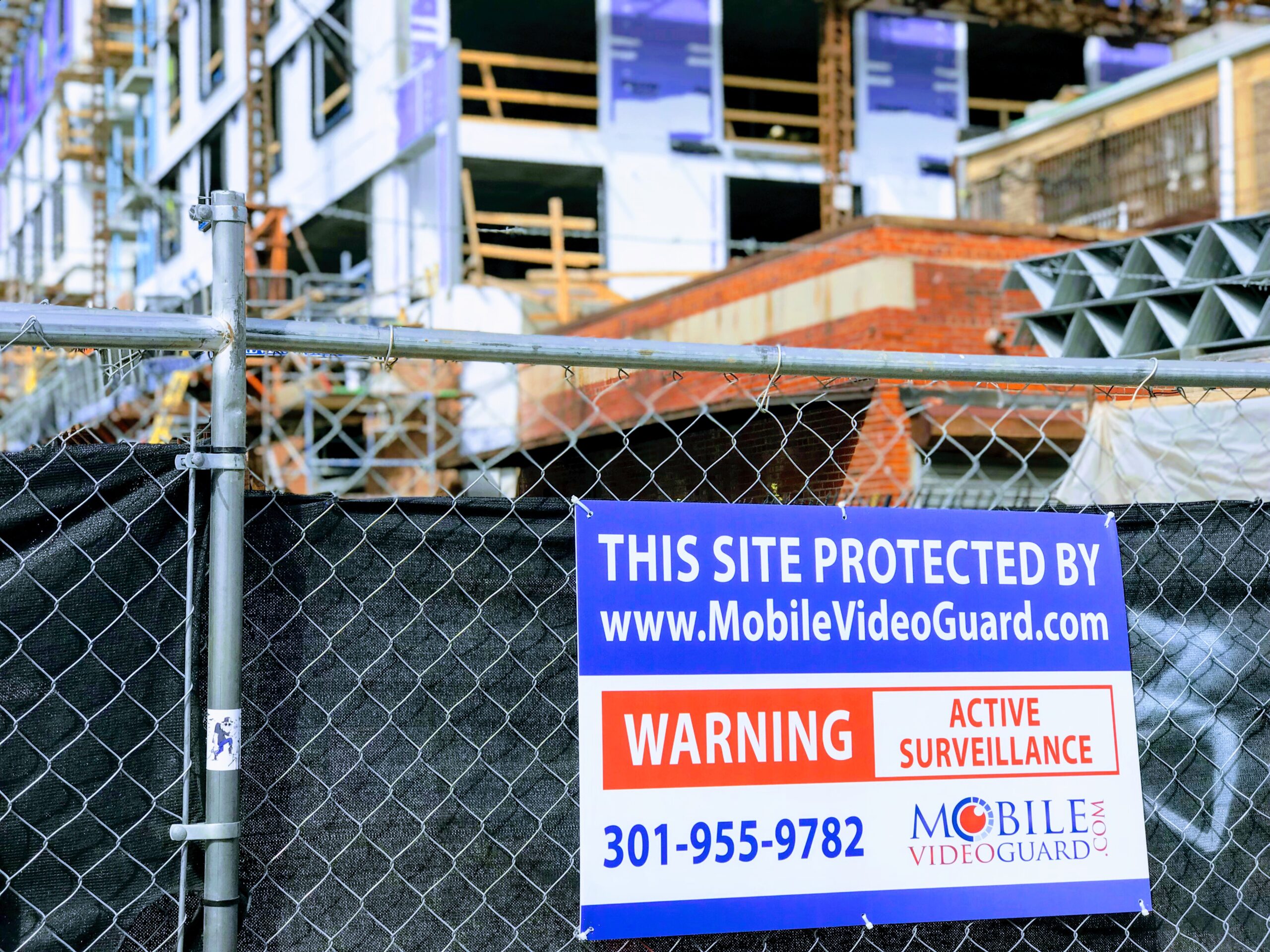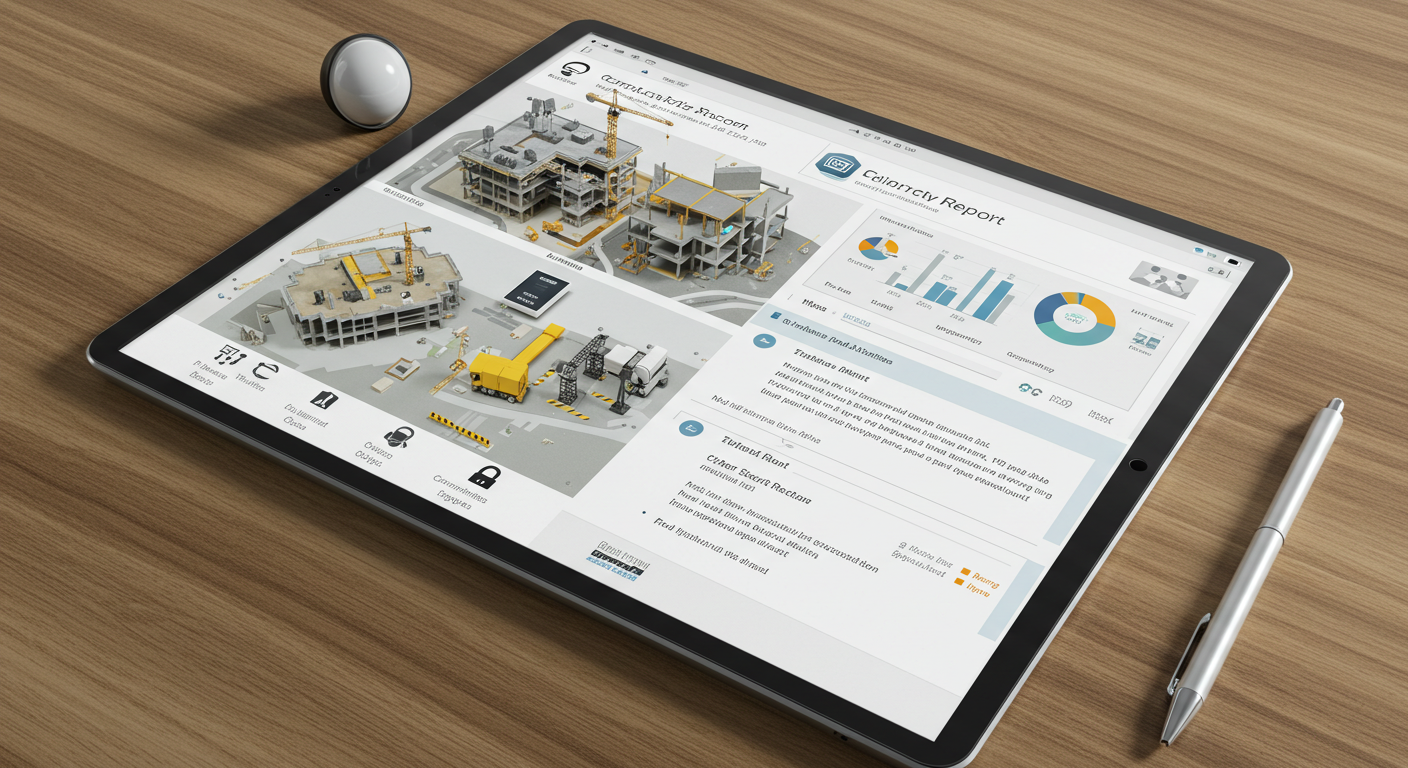Using surveillance cameras at worksites is becoming more important as the unexpected seems to increase at moment’s notice. Capturing footage of theft or fire on a camera will make all the difference in faster evacuations and offering visual proof if crimes occur. Types of cameras available, though, are sometimes technologically complex. Those investing for the first time can sometimes become confused about what constitutes the use of CCTV cameras and one using IP.
It comes down to one type connecting digitally to the internet and the other being analog. Understanding these differences (and some similarities) will help you make a better decision if leasing your surveillance cameras for a work site.
What Are IP Cameras?
In an age where most want better picture clarity in their security cameras, choosing an IP camera is becoming a top priority. According to recent statistics, IP cameras will exceed 100 million units sold by 2025.
Picture clarity is so much more important in a security camera, even if there could be some disadvantages to using a digital camera. It all depends on your individual needs at the site.
Since IP cameras are wired up to the internet 24/7, more security measures are put into place to protect from online threats. Still, with costs now at more affordable levels for IP cams, more companies invest in them.
Also, installation has become easier thanks to wireless technology, plus being simpler to use since no other equipment is involved. This still doesn’t mean analog won’t have some advantages for those wanting something simpler.
What Are CCTV Cameras?
Any CCTV camera is essentially analog, meaning not hooked up to a network. Despite being “non-digital”, it really doesn’t mean digital technology isn’t involved. It only applies to the camera itself.
When hooking the camera up to a DVR, digital technology comes into play. As a result, one can see the differences between IP and CCTV cameras aren’t necessarily quite as wide as one would think.
Setup is also relatively simple, except it involves one peripheral: A DVR. Doing this will require a cable connection, potentially making installation more complex. Once the footage is captured by the camera, it’s sent to the DVR where it becomes a digital recording.
HD analog is now a reality since the DVR will convert the footage into digital, giving more reason for CCTV to stay relevant. Even so, what other aspects between IP and CCTV exist as a clincher in making a final buying/leasing decision?
The Cost Aspects May Differ
One thing to keep in mind is CCTV camera systems might double in cost due to a required DVR purchase. In turn, CCTV cameras can sometimes cost more than the recent price drops of IP cameras.
Much of this depends on if you plan to purchase cameras for a worksite as part of capital spend. With leasing an option, the pricing is more equal since you’re only renting the cameras for a short time.
Determining these costs goes by where you buy or lease your cameras and how many other features you really need. Work sites are going to differ in what kind of security they may require.
Thanks to CCTV cameras giving one the ability to go back and review prior footage without an internet connection, the extra price for CCTV might be worth it.
Frame Rate and Motion Blur
Another factor in a final decision is the frame rate of the camera. HD analog has certainly improved frame rates, yet only go so far. IP goes to 4K level, including superior ability to capture action.
In a scenario where your worksite needs to capture more movement, a camera with a higher frame rate may need to move to the priority list. The reason being that motion blur would occur on anything lesser.

Playing back footage could prove detrimental if a camera doesn’t have the ability to pick up a clear image of someone running or stealing an object.
Reviewing that in a courtroom during a case could come down to a conviction or a culprit going free due to unconvincing camera footage. Adding to this, IP cameras frequently give wider views for a more expansive angle.
Encryption
A benefit to going with the IP camera option is the ability to always be connected to the internet for digital security. Part of this includes using updated encryption systems to ensure no one will hack into the camera.
CCTV cameras definitely won’t have encryption available, making them slightly more vulnerable to hacking attempts. Perhaps this is rarer with a CCTV system, though it can happen.
Whether it’s someone trying to impart revenge, or just wanting to create random chaos, hacking into your security cameras could become a big problem in how secure your worksite is. If anything valuable is around, this might give thieves an opportunity to move in and take things after a hacking attempt.
Proper encryption is always important nowadays for cybersecurity. An IP camera is open to any internet vulnerability, but the latest encryption technology will always stop someone in their tracks.
A Few Other Things to Consider Between IP and CCTV Cameras
A major technological advantage of IP cameras is their sensors, usually allowing it to cover wider areas. CCTV cameras are a little more limited in the amount of space they cover. Because of this, you may need more CCTV cameras to cover a particular worksite, where one IP camera could cover the same space.
Yet another thing to think about is the intelligence and analytics IP cameras can provide as well. These can become valuable if needing to prepare reports on how many incidents might occur on your worksite.
All of this does require a larger learning curve, however. You may not need that if used to using CCTV cameras in the past.
Conclusion
No matter which choice you make, leasing your cameras will always become a better option since investing may exceed your budget range. In addition, your needs may change from work site to work site. In one place, CCTV cameras may suffice, where another site may benefit from IP cameras.
Visit us at Mobile Video Guard as a leading source for leasing the right camera equipment when you need it. We’ve become a leader in Washington D.C., Maryland, and Virginia.



